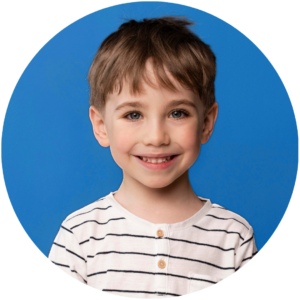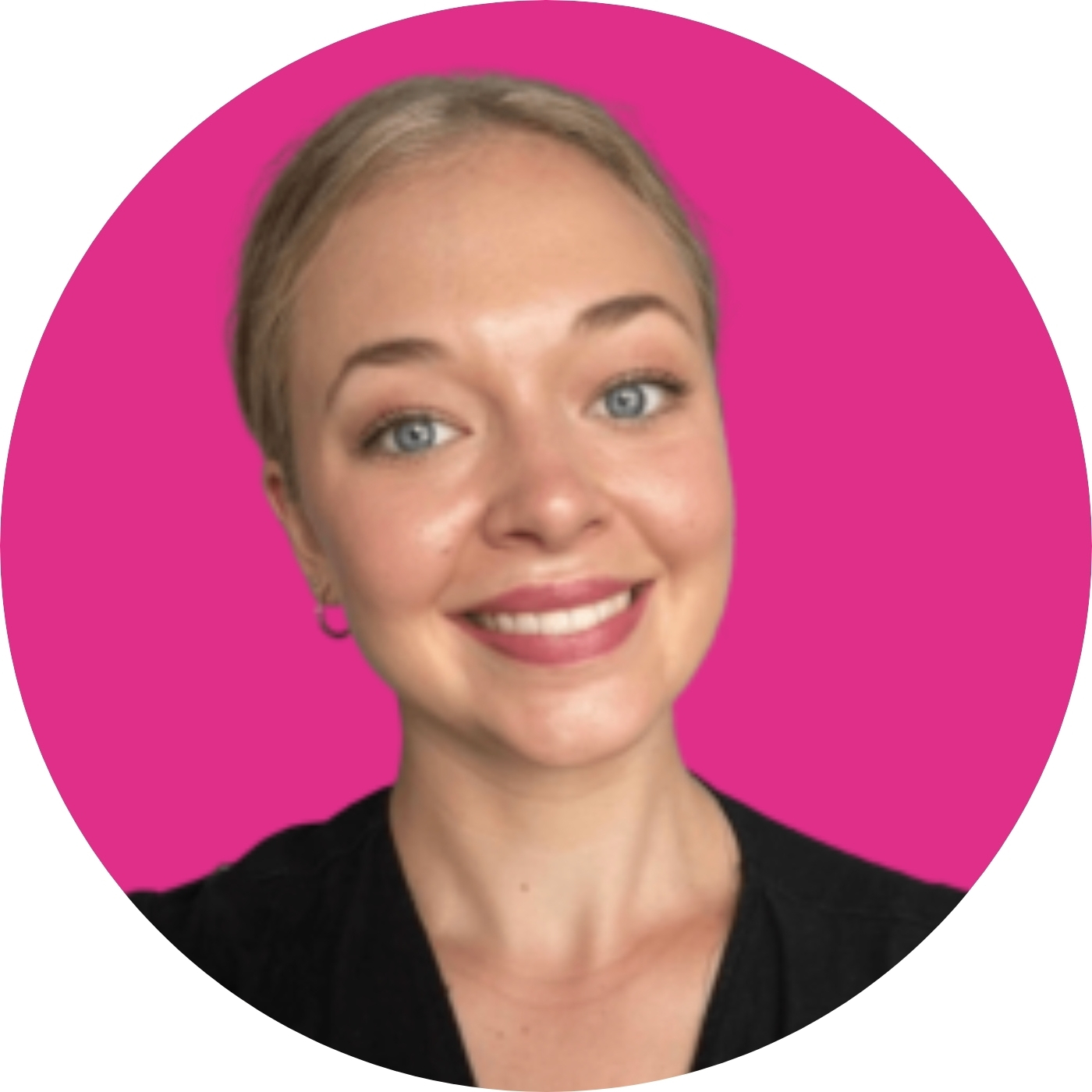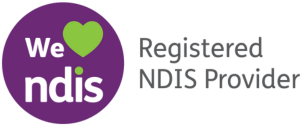Is your child having difficulty communicating their needs and wants? Do your family and friends have difficulty understanding your child? Does your child have difficulty reading and writing at school? There are many different instances where seeking out speech pathology services may benefit your child. Although it is recommended that families refer their child to see a speech pathologist when concerns first arise, sometimes it can be tricky to identify when seeing a speech pathologist may be beneficial.
What is Speech Pathology?
Before we go through some specific examples, let’s talk about the big question, what is speech pathology? Speech pathology involves all aspects of communication, including:
- Expressive language (how we use language to express ourselves)
- Receptive language (understanding of language)
- Speech sounds
- Pragmatics/social communication
- Fluency/stuttering
- Voice
- Alternative and Augmentative Communication (Assistive Technology)
Speech pathologists can work across the lifespan however, here at Beam we predominantly support 0–25-year-olds. Let’s break it up from age group to age group!
Early Years 0-4 years
Some common areas speech pathologists support for this age group are speech sounds, stuttering, and expressive and receptive language. Some children may have speech sound errors which make them hard to understand, they may repeat sounds or words (stuttering) or they may need help to express their needs, wants and emotions or follow routine and instructions.
As children learn through play our sessions use a lot of toys and games to engage your child and support their learning. Parent training is often an important part of our sessions too, so you know how to best support your child at home.
Something very important to consider with all age groups but particularly in the early years is hearing. As little ones start to develop their communication skills they are listening and picking up on everything around them. If something is impacting their ability to hear, children can miss out on crucial time to hear all the sounds and language they need to develop skills of their own. We recommend that children have their hearing tested before coming to see a speech pathologist.


Primary School aged children 5-12 Years
As children get older the type of communication evolves from mostly verbal language to include written communication too. School aged children may also need support with their sentence length and structure, speech sound accuracy, and understanding of concepts.
As school requires children to complete written work, speech pathology sessions can often involve targeting sentence structure in written form, spelling and reading. Phonological and phonemic awareness are the building blocks for reading and are developed and strengthened during this age group. This could include targeting segmenting and blending of sounds, addition and deletion of sounds to make different words and learning different spellings of sounds.
Teenagers to Young Adults
With each progression age, new areas of communication are developing and strengthening. Many life events occur around this time including starting high school, gaining employment, navigating new and challenging social situations and transitioning into adulthood. Speech pathologists can continue to support young adults with their literacy and communication skills in functional ways. For example, support with writing resumes, interview and job skills, or understanding and working on school assignments. Other areas we can support may include problem solving and conflict resolution with others.

How to Access Speech Pathology Support
You don’t need a referral to see a speech pathologist. Families and carers are encouraged to contact Beam Health regarding any speech pathology related questions. The following funding options may be available to you:
- Full Fee paying clients pay for their sessions privately.
- NDIS: If you have any questions regarding NDIS your clinician or GP may be able to point you in the right direction. In Kedron/Brisbane areas the early intervention partner is the Benevolent Society, or click here for other NDIS information specific to Queensland.
- Chronic Disease Management Plan: Please discuss with your GP and your child may be eligible for up to five rebated allied health sessions.
- Private Health Insurance: Be sure to investigate whether your private health insurance may also cover speech pathology intervention.
This is just a small snapshot of what speech pathologists do, but if you have any questions, please feel free to get in contact with us.
We are excited to have recently welcomed a new Speech Pathologist to our fabulous Kedron team, and now have capacity for new Speech clients in our North Brisbane clinic. Contact us today to see how we can support your child with their communication concerns.









